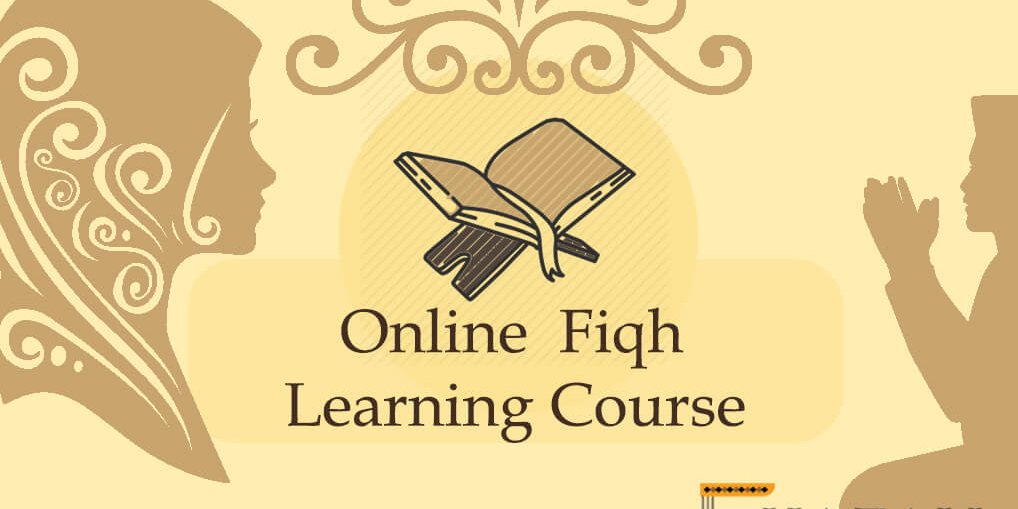Interested in learning more about Islam’s complex legal system? An online Fiqh course is the only option. In this post, we’ll look at the importance of learning Fiqh, the advantages of taking classes online, and how these things help you have a good grasp on Islamic legal ideas.
Understanding Fiqh
Exploring Fiqh: The Essence of Islamic Jurisprudence
Fiqh is the Islamic legal framework derived from the Quran and Sunnah. It encompasses the principles, rules, and guidelines that govern various aspects of a Muslim’s life.
The Significance of Studying Fiqh
Relevance of Fiqh: Navigating the Complexities of Islamic Law
Studying Fiqh holds immense value for Muslims, as it provides guidance on matters such as worship, transactions, family law, criminal law, and ethics. Understanding Fiqh enables individuals to live in accordance with Islamic teachings and principles.
Benefits of Online Fiqh Courses
Convenience and Flexibility of Online Learning
Enrolling in an online Fiqh course offers unparalleled convenience and flexibility. With the ability to access course materials and lectures from anywhere, students can learn at their own pace, fitting their studies into their busy schedules.
Comprehensive Curriculum and Expert Instruction
Online Fiqh courses often feature well-structured curricula, covering various areas of Islamic law, including acts of worship, financial transactions, marriage, and more.Taught by knowledgeable instructors, these courses provide in-depth analysis and interpretation of legal rulings and their application in contemporary contexts.
Interactive Learning and Community Engagement
Through online platforms, students can actively participate in discussions, engage with fellow learners, and seek clarification from instructors. This interactive learning environment fosters a sense of community and enhances the overall learning experience.
Enhancing Personal Practice and Knowledge
Guidance for Practical Application
Studying Fiqh equips individuals with the knowledge and understanding necessary to fulfill their religious obligations correctly. This enables them to practice their faith with confidence and ensures adherence to the teachings of Islam.
Deepening Understanding and Intellectual Development
Exploring Fiqh not only enhances practical knowledge but also fosters intellectual growth.It encourages critical thinking, analytical skills, and a deeper understanding of the underlying principles of Islamic law.
Common key topics covered in an online Fiqh course:
- Introduction to Fiqh: Understanding the Definition, Scope, and Sources of Islamic Jurisprudence
- The Quran and Sunnah: Studying the primary sources of Islamic law and their authority in deriving legal rulings.
- Acts of Worship: Exploring the principles and rulings related to Salah (prayer), Zakat (charity), Sawm (fasting), and Hajj (pilgrimage).
- Transactions and Contracts: Understanding the Rules and Guidelines Governing Financial Transactions, Contracts, and Business Ethics
- Family Law: Examining the legal aspects of marriage, divorce, custody, inheritance, and other matters pertaining to family relationships.
- Criminal Law: Learning about the principles and punishments related to crimes such as theft, adultery, apostasy, and slander.
- Ethics and Morality: Exploring the ethical principles and guidelines that govern personal conduct, manners, and interactions with others.
- Contemporary Issues: Discussing the application of Fiqh principles to modern-day challenges and issues faced by Muslims.
- Differences in Fiqh Schools: Understanding the major schools of Islamic jurisprudence (Madhahib) and their varying interpretations.
- Ijtihad and Fatwa: Exploring the concept of juristic reasoning (ijtihad) and the process of issuing legal opinions (fatwas).

